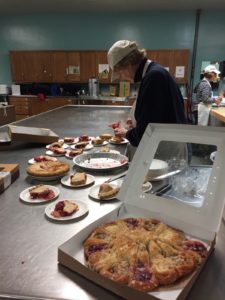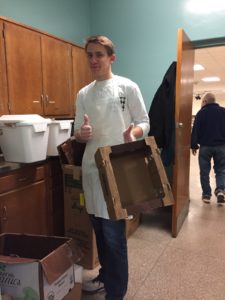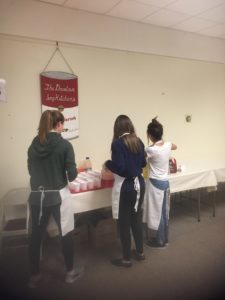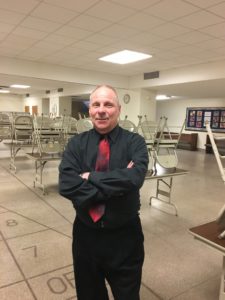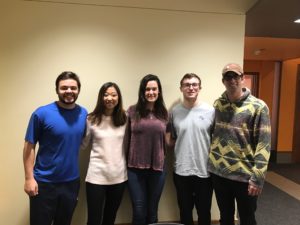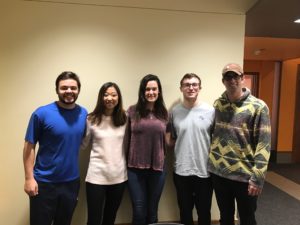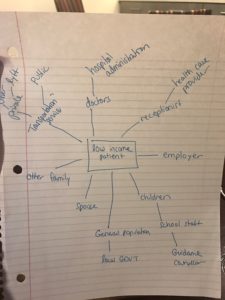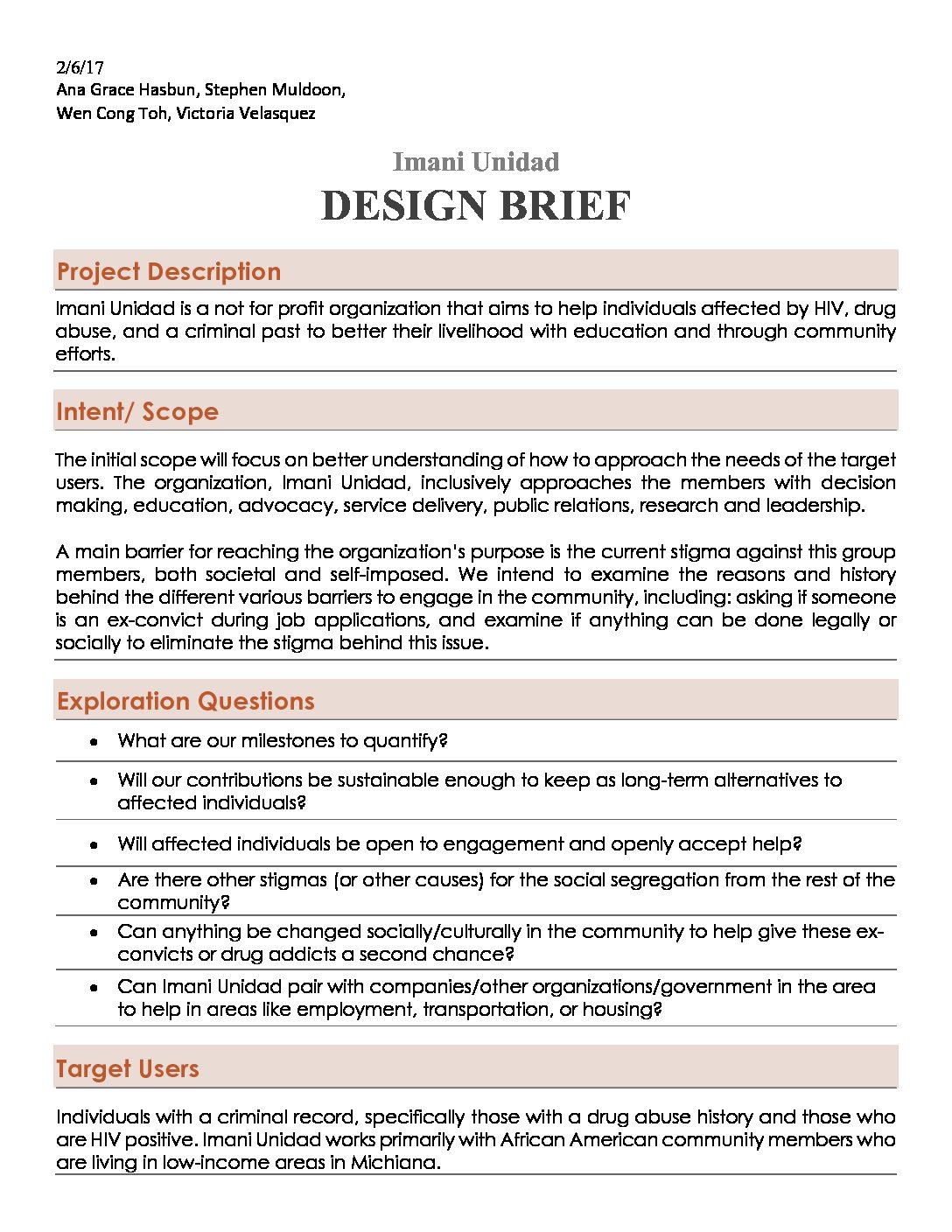Ethnographic Summary
Kaley Kubiak
Transportation Coordinator for Riverbend Cancer Services
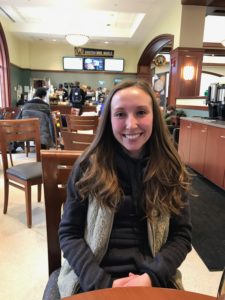
Alexandra Charron interviewed Kaley Kubiak, the transportation coordinator for Riverbend Cancer Services, a South Bend nonprofit that provides assistance, services, and support to low income cancer patients and their families. Kaley was able to share the successful transportation scheduling system that Riverbend uses and how she is able to schedule 300 patients transportation to and from their appointments. She also provided insight on the various transportation optional available to low income patients.
Date: 3/2/17
Type: In person interview
Location: Notre Dame Bookstore as she is a student
Team Participants: Alexandra Charron
User Characteristics:
- Female, age 21
- Part time employee (15- 20 hrs/ week) at Riverbend Cancer Services, formerly worked full time over the summer
- Job is to schedule transportation to appointments for low income cancer patients
- Senior at St Mary’s college
- Majoring in Communicative Science with a Minor in Social Work
- Employed since May 2016, took over transportation system from predecessor Mollie
Memorable Quotes
- “ If we were not providing transportation they would not be coming to appointments”
- “Scheduling one single ride might take 7 separate phone calls and conversations”
- “ Most of my clients do not even have cell phones and if they do they are flip phones”
- “ We only have 300 dollars to spend on each patient each year and somehow we make it work. We get them to all of their appointments which can mean weeks of radiation and chemo. I have only had two people run of the money”
- “ We have to make every dollar count and stretch the 300 dollars and we do that by having lots of transportation options”
- “ Someone will call me at 930 am and tell me they need to get to an appointment at 130pm. .They could have called me 2 weeks ago but they didn’t”.
Key Insights
- Kaley spend 15- 20 hours a week solely focused on scheduling transportation for 300 patients and says the phone is constantly ringing off the hook and it takes her working efficiently and swiftly for the full time in order to make sure everything is scheduled.
- Riverbend conducted stress screening on clients in relation to transportation and found a significant decrease in stress when transportation was provided to them.
- Kaley said that her personal relationships with healthcare providers and the social workers at the hospitals and healthcare facilities is essential to her success in order to make it efficient and successful.
- Patients inform Kaley of their need for transportation and appointments times in all forms. She receives these requests in person, over the phone, through email and from a social worker or health care provider.
- Riverbend uses a verification process to confirm appointments and make sure gas cards and transportation is being used for intended purpose. This is where the relationships with the health care providers comes into play
- Patients miss scheduled pickups all the time but there is nothing Kaley can do. She just tells them they risk not being able to use that service again. Some services charge a no show fee and that is deducted from their 300$ budget
- Pickup is usually an hour before scheduled appointment . Pickup from the appointment is dependent on service. In some cases the patient will call when done with appointment and be picked up 20 minutes later and in other cases Kaley will have to ask physician how long appointment is supposed to last and inform transportation service.
River Bend Transportation Method Selection Process
- Ask Patient if they have access to a car
- YES
- Provide them with gas card
- Calculate amount with algorithm
- 15 miles per gallon
- Round trip mileage
- Number of appointments
- NO
- What kind of Insurance do you have
- Medicaid ( Can also use no insurance options if below doesn’t work)
- Patriot
- Medicaid ( Can also use no insurance options if below doesn’t work)
- What kind of Insurance do you have
- YES
- Medicaid Approved transportation
- 16$ minimum
- Serves surrounding area and will also go farther away
- LCP
- Accepts medicaid patients patriot wont
- Only accepts medicaid
- No insurance
- American Cancer Society Volunteers
- Free volunteer service
- Not always available
- Transpo access
- Have to apply
- Have physician sign off
- 4$ rides round trip
- Pick up from home
- Have to schedule 2 weeks in advance
- Patriot
- More expensive without Medicaid
- Perfect Time
- Last resort
- Wheelchair accessible and will provide assistance
- 75$ round trip
Environment
- Notre Dame Bookstore
- Was unable to coordinate time to meet at Riverbend as she is part time and class schedules did not coordinate
